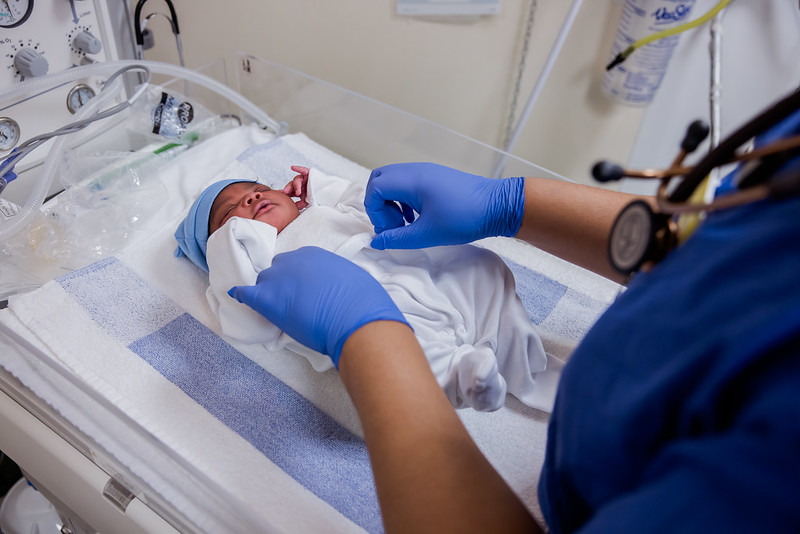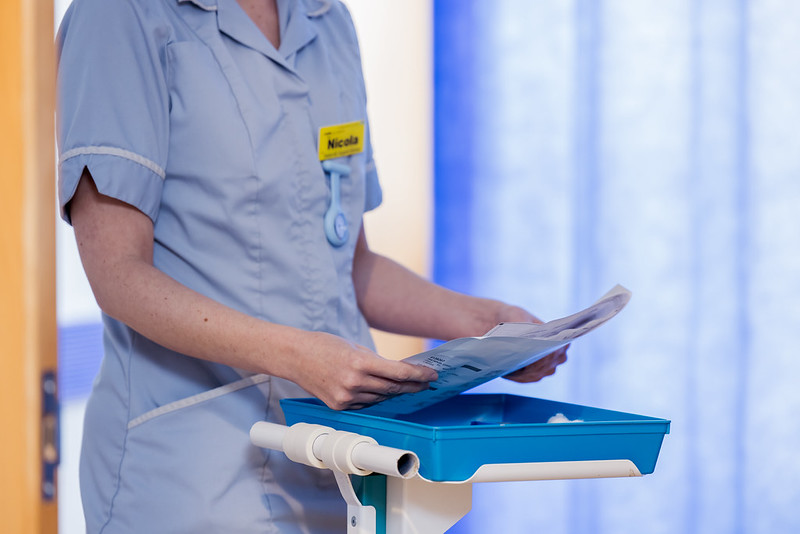A new report published today (11 September) by the National Maternity and Perinatal Audit (NMPA) has highlighted significant changes in how women are giving birth in Great Britain – with the Royal College of Midwives (RCM) warning that maternity services must be properly resourced to ensure safe, high-quality care for all.
The NMPA’s State of the Nation report analysed data from nearly 600,000 births in 2023. It shows shifts in birth trends since 2018/19, including rising rates of inductions and caesarean births.
Responding to the findings, the RCM said the increasing complexity and needs of women using maternity services are placing additional requirements on midwives, maternity support workers and the wider maternity team.
Clare Livingstone, Head of Professional Policy and Practice at the RCM, said:
“While this report provides some interesting insight, it’s what it doesn’t tell us that will help reshape maternity services to ensure that women and families receive the most appropriate, safe care. We know that the complexity and needs of pregnant women have changed significantly, but the framework of maternity services hasn’t always kept pace. This is what all of us involved in delivering maternity care, alongside service users, need to address now.
“Ensuring that we listen to women and families and that we have the right staff, in the right place at the right time with the right education and training must be a priority.”
Notes to editors
The NMPA is led by the Royal College of Obstetricians and Gynaecologists, in partnership with the RCM, the Royal College of Paediatrics and Child Health and the London School of Hygiene and Tropical Medicine, and has a Women and Families Involvement Group. It is commissioned by the Healthcare Quality Improvement Partnership (HQIP) as part of the National Clinical Audit and Patient Outcomes Programme (NCAPOP) on behalf of NHS England, the Welsh Government and the Health Department of the Scottish Government.
The State of the Nation report found that:
- Unplanned caesarean births in 2023 account for 23.1% of births, compared to 15.5% in 2018/19.
- 16.4% of births in 2023 were planned caesarean births, compared to 12.1% in 2018/19.
- Just under half (49.4%) of all births were vaginal births without the use of instruments, compared with 60% in 2018/19.
- Preterm birth rates were similar between countries, but spontaneous preterm births were much higher in Scotland (73%) than in England (40.2%) and Wales (44.9%).
- Birth rates across England, Scotland and Wales have fallen to historic lows.


